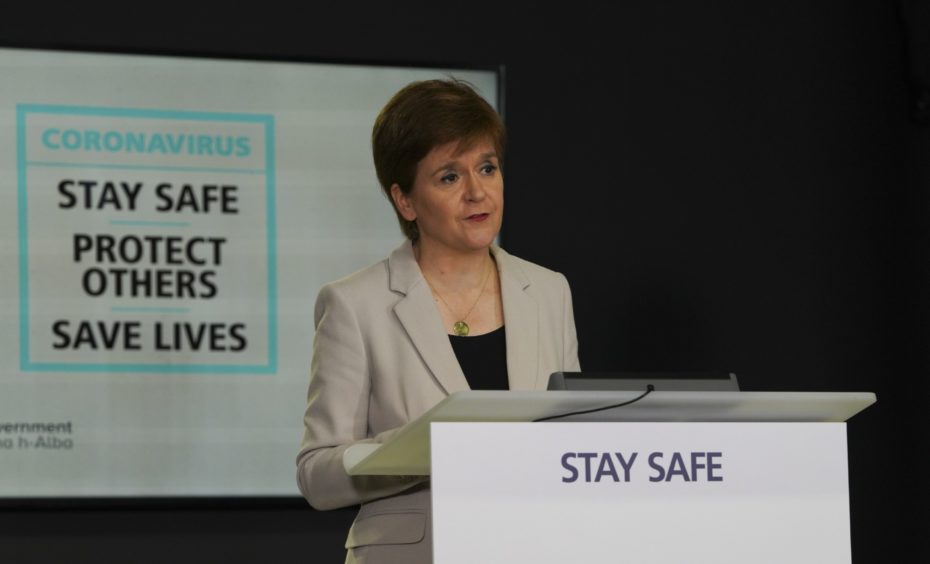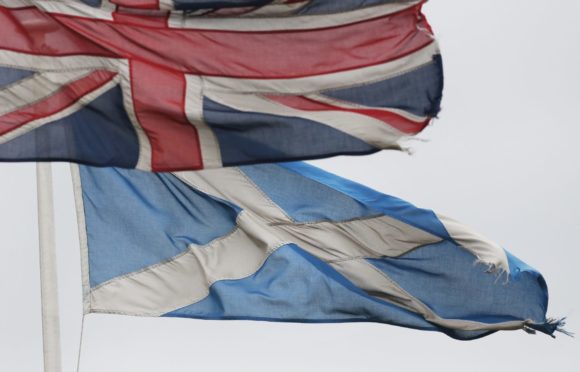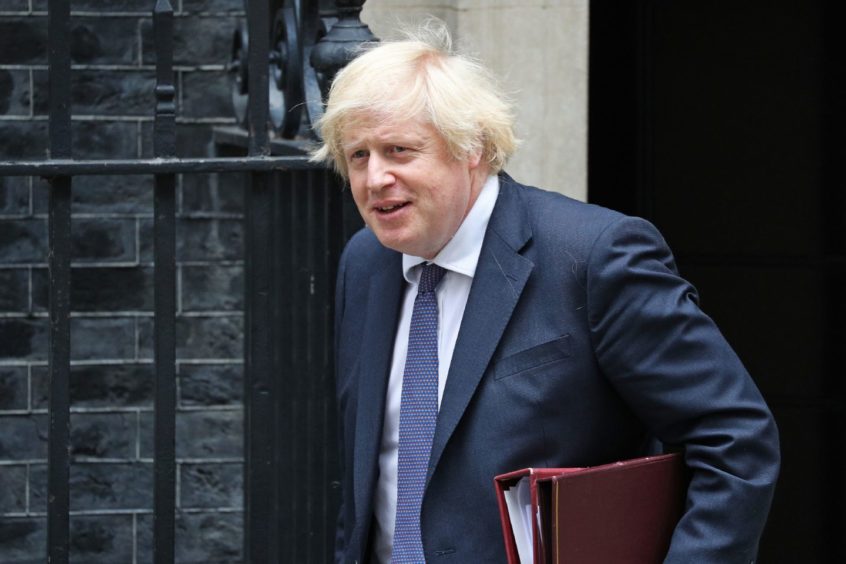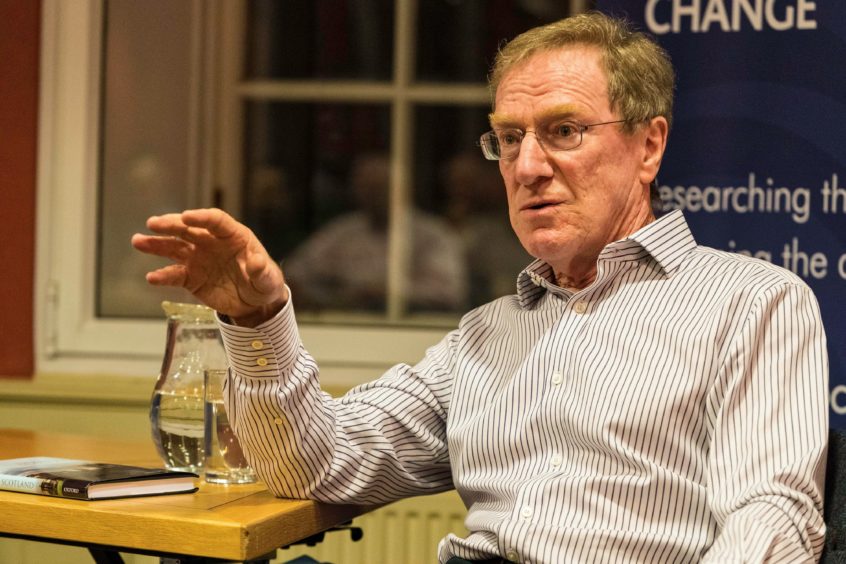A leading academic has predicted that the coronavirus crisis could turn out to be a “critical juncture” in the battle for Scotland’s future.
Professor Michael Keating, chair in Scottish politics at Aberdeen University and director of the Centre on Constitutional Change at Edinburgh University, said the pandemic may have had a “ratchet effect” on support for independence.
A poll at the weekend found that backing for Yes had now hit 54%, and Prof Keating believed it represented the latest milestone in “a long-term trend of gradual and slowly increasing support for independence”.
The expert said it reflected “increasing disenchantment” with a UK Government that was trying to turn the tide but does not seem to “understand what the challenge is”.
The Panelbase poll for The Sunday Times found that support for independence had jumped by five points to 54%, while backing for staying in the UK had fallen by five points to 46%.
Such a result in a second independence referendum would almost represent a reversal of the 2014 vote, which was 55% in favour staying in the Union and 45% for going it alone.
Prof Keating said the poll had “confirmed the trend over the last year or so that independence has nudged above 50%”, which he said had “belatedly” followed the Brexit vote and had now been “reaffirmed” by the coronavirus crisis.
First Minister Nicola Sturgeon has fronted daily press conferences throughout the pandemic and the easing of lockdown measures has been viewed by many to have been more cautious north of the border.
By contrast, a series of controversies have engulfed Boris Johnson’s government at Westminster during the crisis.
While Prof Keating suggested that the policies were “not that different”, he said all of the devolved administrations had been given more prominence during the pandemic, and been increasingly differentiated from Westminster.
“It’s a reflection, I suppose, that people aren’t terribly impressed with the performance of the UK Government. And it’s a matter of trust as well, rather than a judgement of policies,” he said.
A second referendum is considered unlikely for at least two years, and could be dependent on a pro-independence majority emerging from the Scottish Parliament elections next year.
However, while the pandemic may no longer be the most pressing political issue at the time of a future referendum, Prof Keating believed it could have a lasting impact.
“There are what we call critical junctures, critical moments, where opinions will swing around, even in a short period of time,” he said.
“If you look at other independence movements, very often it is not a slow process – it is some event that just triggers it.
“Look at what happened in Ireland 100 years ago, when the country went from demanding home rule to all out independence, or what happened in Catalonia a few years ago.
“It was just one election, one event, one thing that suddenly triggers or moves it to a new level.
“If you look at what happened in Scotland, independence running at about 30%, in the referendum it goes to 45% and it stays there.
“So this kind of ratchet effect – we might be seeing one of those moments.
“Unless the Unionist side does something, there is no particularly reason to think that support would go back down again.”

On the other hand, Prof Keating highlighted the independence movement in Quebec, Canada, which reached 49% support in a second referendum in 1995 but then “faded away”.
He also believes a second Scottish referendum could still go either way.
“Who knows (what will happen), but that seems to be the long-term trend, of gradual and slow increasing support for independence, and it’s up since the referendum from 45 to the low 50s,” he said.
“That’s a very small increase but it takes it over the 50, which is the critical mark.
“But right now you wouldn’t want to call the result of a referendum if there was one tomorrow.
“You don’t quite know which way it would go, and there would be a campaign – and then what would that campaign look like?
“We know who would lead the Yes side but we don’t know who would lead the No side, or what the position of the No side would be, what they would offer.”
It’s not really clear that they understand what the challenge is, and therefore have a strategy that is actually going to work.”
Professor Michael Keating
The Aberdeen University expert said the UK Government and unionist side was “trying very hard” to turn the polling trend around, through various initiatives and investments in recent years, but he believed it was “struggling”.
“They are putting in a lot of effort into this, they are really worried about what is happening. But it’s not clear that it is really having any effect,” he said.
“It’s not really clear that they understand what the challenge is, and therefore have a strategy that is actually going to work.”


